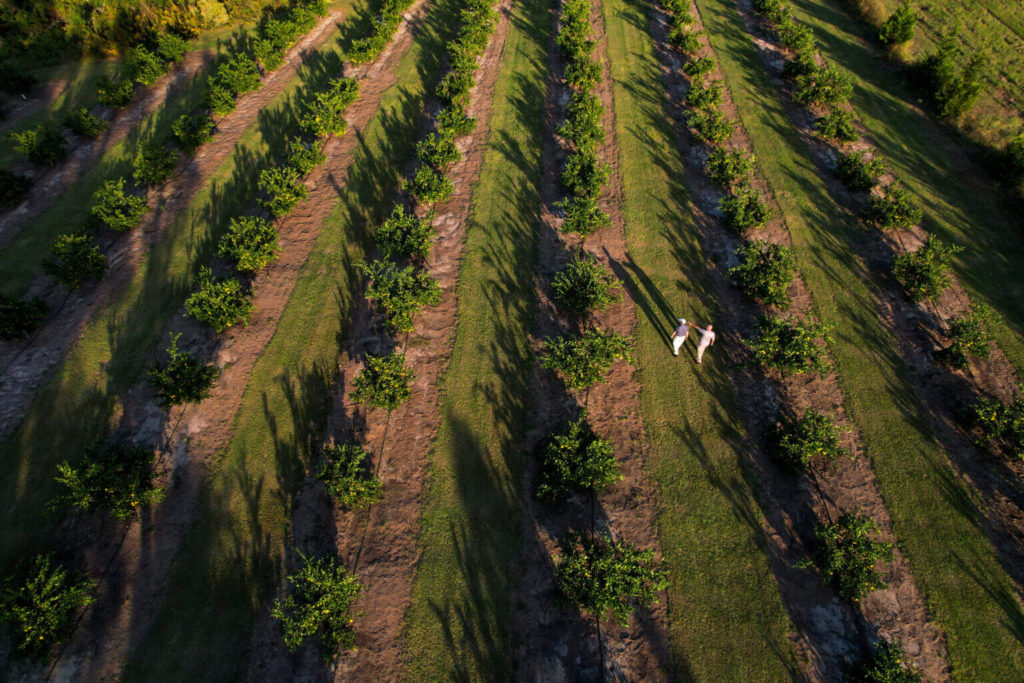Citrus acreage continues to increase across the North Florida, South Georgia and South Alabama regions. Interest has expanded to large row crop farmers, who see citrus as a viable alternative crop, said Kim Jones at the Feb. 17 Citrus Health Forum meeting at the University of Florida Institute of Food and Agricultural Sciences North Florida Research and Education Center. Jones owns a citrus packing facility in Monticello, Florida, and is part-owner of a similar facility in Tifton, Georgia.

ALTERNATIVE CROP
“We’re seeing larger growers put in a lot of bigger acres,” said Jones. “We’re out of the 5, 10, 15 acres (blocks). We’re looking at 30- to 100-acre blocks now. All of a sudden, it’s an alternative crop for a row crop farmer. Quite a few have already committed and are doing it.”
According to Jones, these larger growers already have infrastructure and wells in place, so they can freeze-protect in the winter without any problem and have less out-of-pocket expenses.
“I saw six or seven big farmers at this meeting that have not been coming. They’re here because they already have ordered trees or are going to order trees,” added Jones.
GREENING THREAT
Citrus interest continues to swell above Central Florida, but so has citrus greening. The disease that has devastated the Florida citrus industry has been spotted in multiple locations in the Southeast in recent years, including earlier this month in a small grove in Grady County, Georgia. Citrus greening was also discovered in the Florida Panhandle’s Franklin, Leon, Escambia and Washington counties in 2021.
Jones said the key to successful HLB prevention on a wider scale is to not let the problem fester. Be proactive, not reactive, especially with the Asian citrus psyllid, the vector of citrus greening.
“Address it immediately by killing the psyllids and snatching the trees. Burn them and get them out of the grove,” Jones said. “Get in there quick and kill the psyllid so it doesn’t spread the disease. Then get the trees out. We can either save the industry, or we can ruin the industry by not acting on it.”









